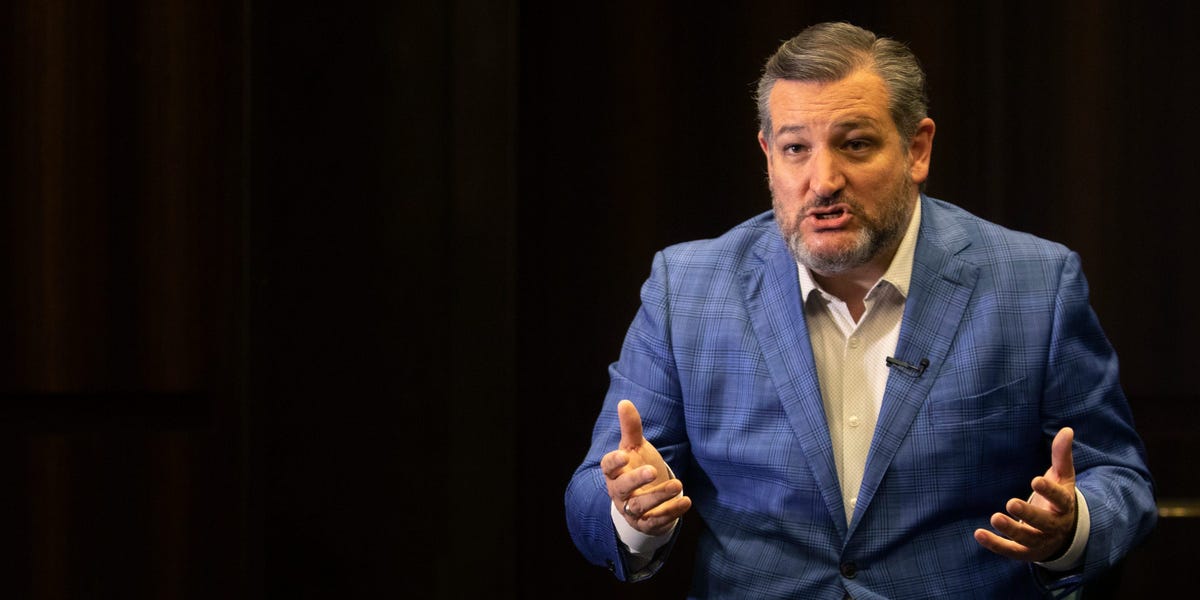|
The Supreme Court on Wednesday held oral argument in FEC v. Cruz, a case that challenges a limit on the repayment of funds a candidate loans to his own campaign. Section 304 of the Bipartisan Campaign Reform Act (BCRA) and its implementing regulations impose a $250,000 limit on the repayment of such loans from donations contributed after the election. That restriction imposes a burden on core political speech, as Protect The 1st explained in our amicus brief filed last month.
Justice Kavanaugh recognized that the practical effect of the loan-repayment limit is to deter candidates from spending money before they can raise funds: “It would seem to me that the law puts the candidate to a choice of spending your own money for a loan above $250,000 and forgoing any repayment for an amount above $250,000, so the choice is to spend that without any possibility of getting it back, or not spending it at all. And that seems to be, therefore, a chill on your ability to loan your campaign money.” That burden on political speech is particularly damaging for a challenger who “can't rely on contributions early in a campaign and has to get his campaign off the ground,” as Charles Cooper, attorney for Senator Cruz, explained. Personal loans from the candidate are thus critical to the candidate’s ability to speak early in the election, Mr. Cooper said. As PT1st explained in our amicus brief, that ability to speak early can be crucial to a challenger’s success. Challenger candidates usually lack the name recognition and donor networks possessed by incumbents. “A candidate who cannot spend and raise funds quickly, and especially early in the race, is unlikely to win an election,” PT1st wrote. “The loan-repayment limit thus burdens challengers by deterring them from raising money from one of the few sources that may be available to them early in their campaigns: a personal loan.” While the FEC claims the law is about preventing corruption, several justices seemed unconvinced. Justice Barrett pointed out, “Senator Cruz says that this doesn't enrich him personally because he's no better off than he was before. It's paying a loan, not lining his pockets.” The FEC’s attorney conceded that a candidate who is repaid a loan is “certainly no better off than he was before the loan was made,” but argued that post-election contributors convey a financial benefit on the candidate by eliminating uncertainty about whether the loan will be repaid. Justice Barrett was undeterred, responding that in that respect, everyone who contributes to a campaign does the same. Justice Alito agreed, saying he didn’t understand “why the repayment of this loan is a gift when the repayment of other loans is never considered a gift.” Justice Kavanaugh also agreed that this “is a loan, not a gift,” and asked why the existing limit on how much individuals can contribute isn’t sufficient to prevent corruption. The justices are right that the loan-repayment limit doesn’t serve an anti-corruption interest; it wasn’t even designed to. As PT1st explained in our brief, the legislative history of the BCRA shows that the limit was likely designed to give incumbents an advantage over challengers. The Court “should not permit such self-interested protectionism by those already in office to infringe on the free speech rights of those who challenge them,” PT1st wrote. Much of the questioning concerned whether Senator Cruz was ultimately challenging the constitutionality of the FEC’s regulation, not the underlying statute. The Court may hold on that ground that the three-judge district court that heard the case lacked jurisdiction, and that Senator Cruz’s challenge must be brought in an ordinary district court proceeding. However the Court decides, it is clear that the underlying burden on speech imposed by this regulation is well understood on the nation’s highest bench. Comments are closed.
|
Archives
June 2024
Categories
All
|
ABOUT |
ISSUES |
TAKE ACTION |



 RSS Feed
RSS Feed